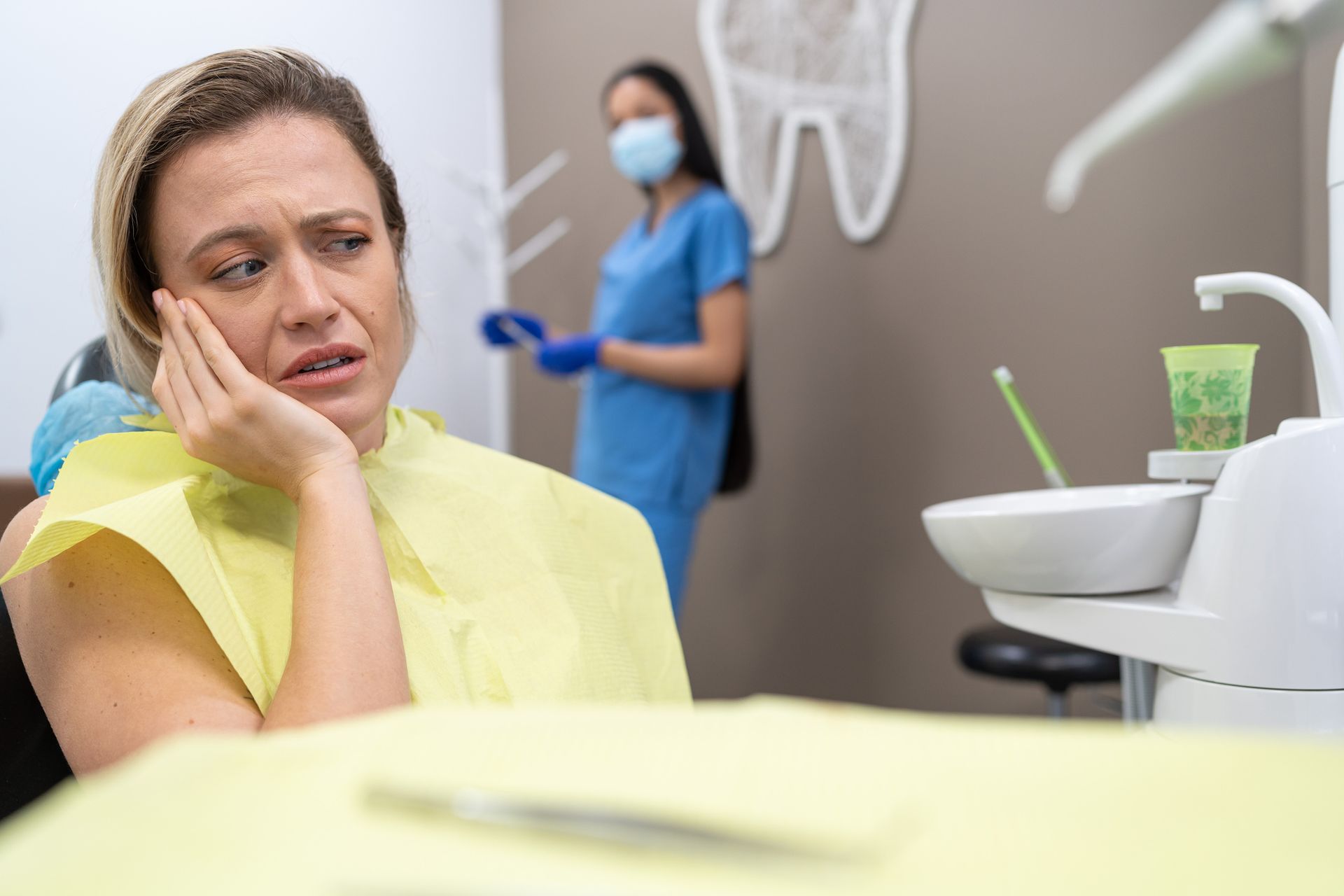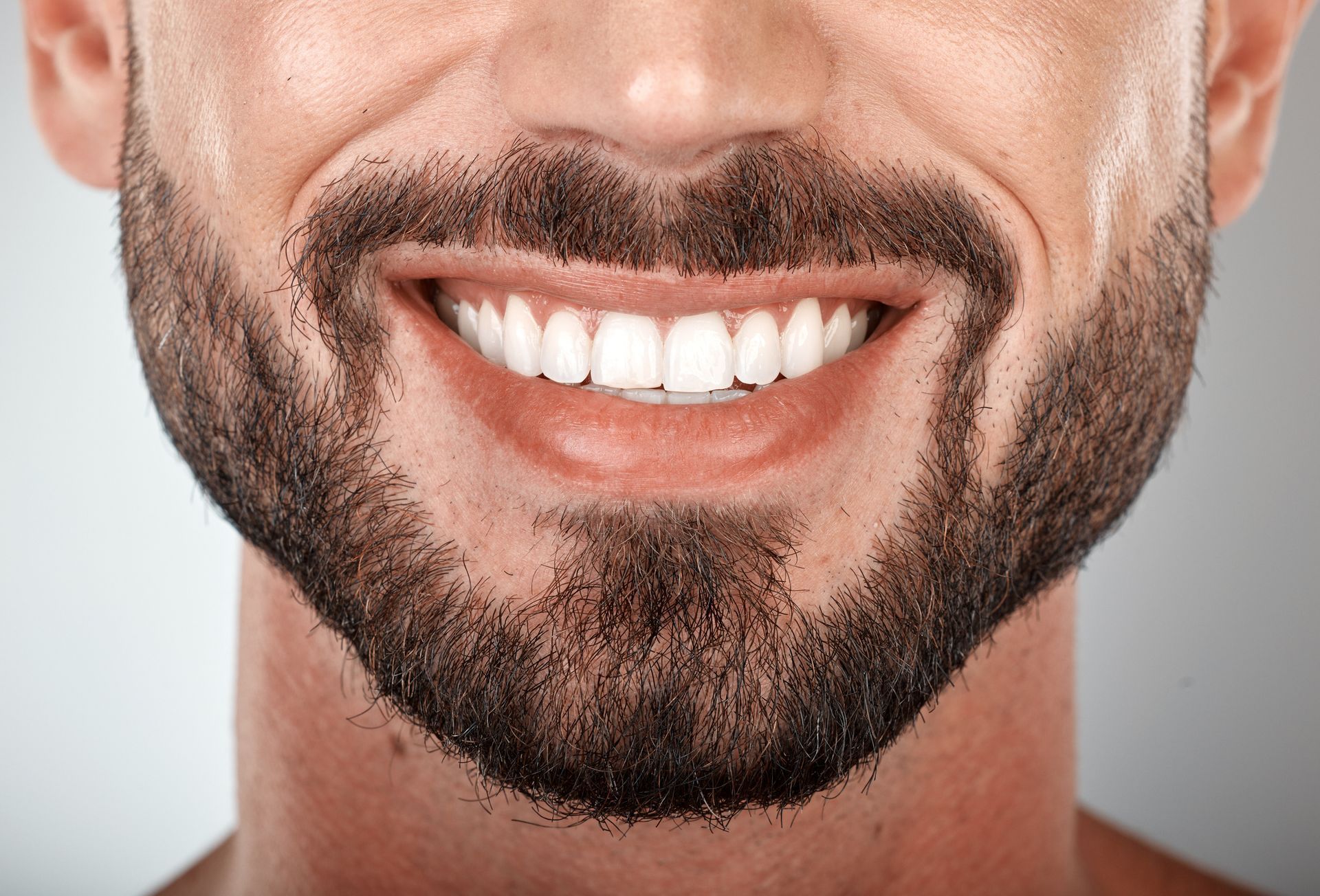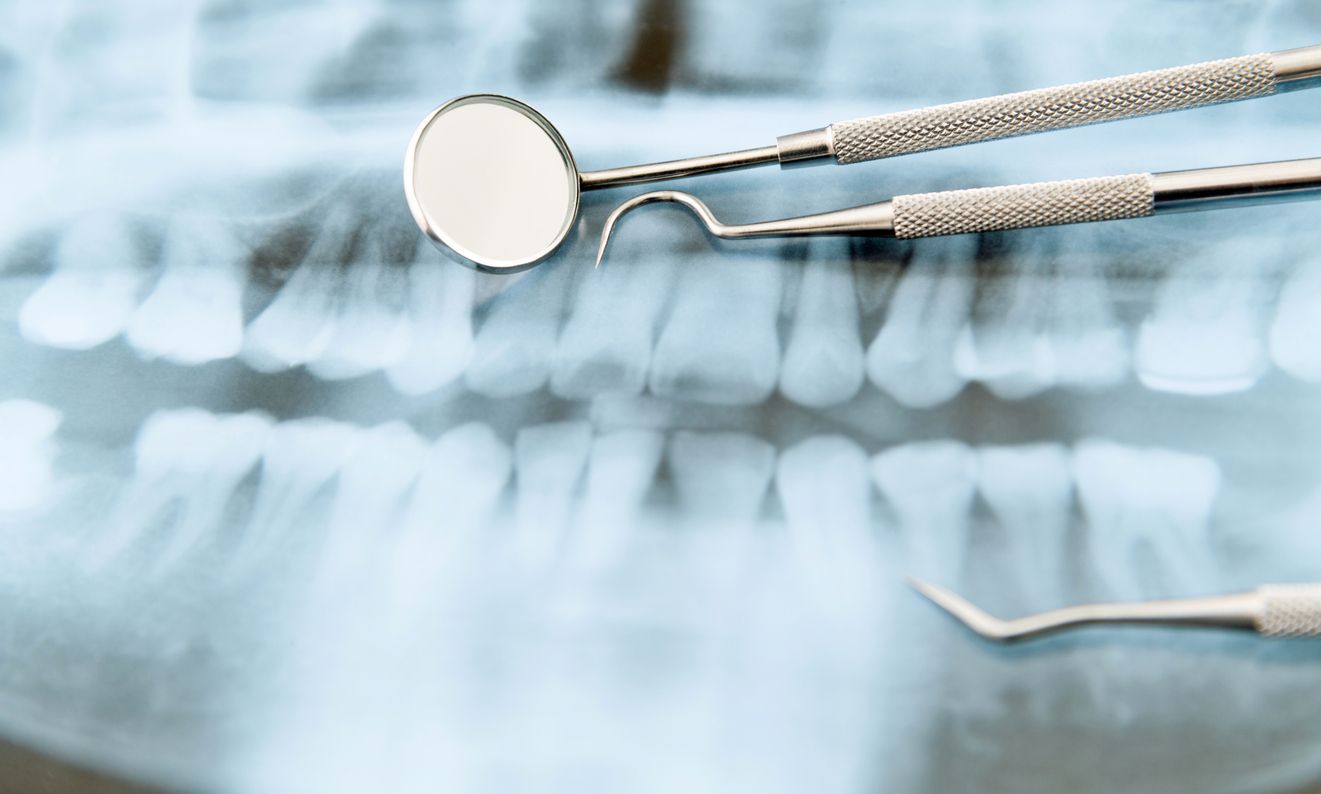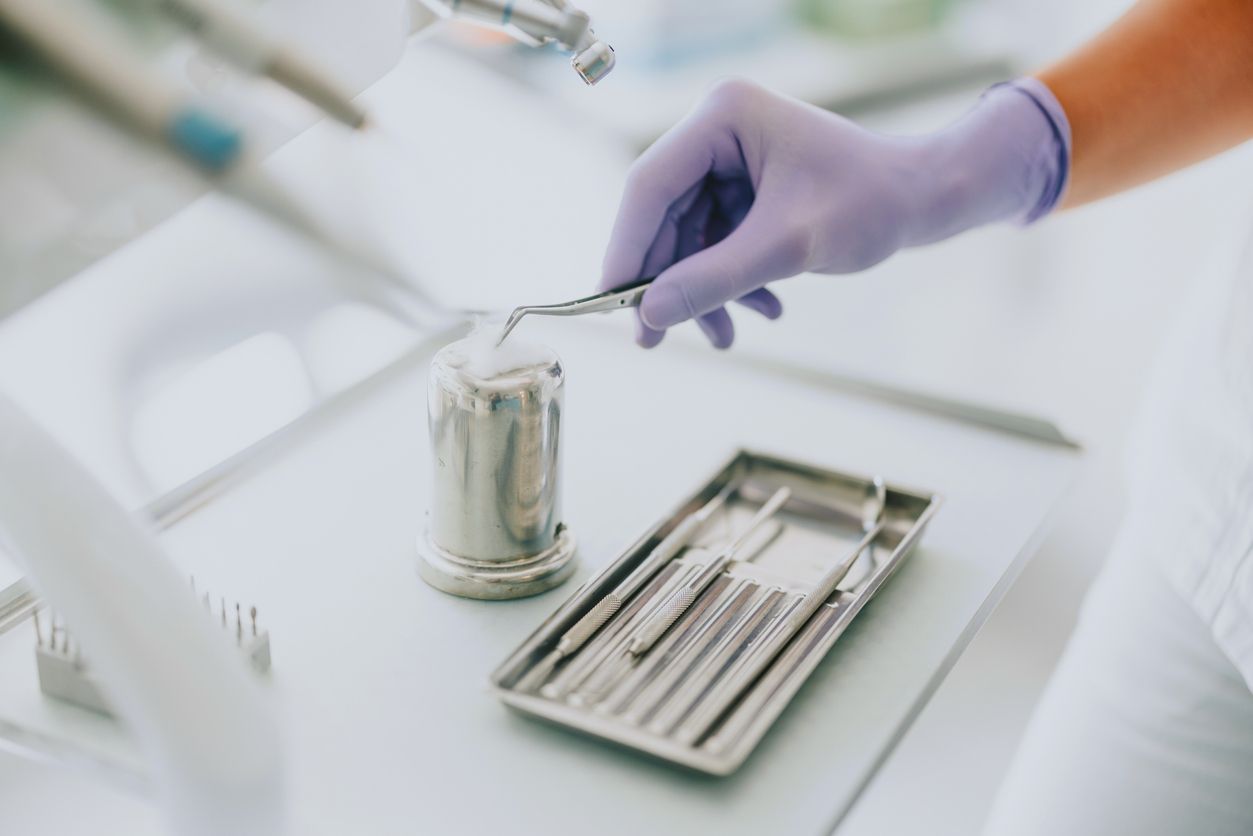Understanding Gum Disease: Causes, Symptoms, and Treatment
Is gum disease curable? Learn to identify the causes and symptoms for better gum health. Discover your treatment options and take these proactive steps.
According to the National Library of Medicine, nearly half of the adults in the US have some form of gum (periodontal) disease. Gum disease is the leading threat to dental health. It's also the most common cause of tooth loss.
Despite this prevalence, many people don't know much about gum disease. For example, is gum disease curable?
Knowing how to recognize signs of gingivitis can ensure you seek immediate treatment. Otherwise, gum disease can cause complications to your overall health. Read on to learn more about reversing gum disease naturally today.
Signs of Gingivitis
Saliva, bacteria, and food particles mix together, causing plaque to coat your teeth. Plaque is a tacky, clear substance that releases acid. When you don't brush and floss it away, plaque can harden into tartar and cause tooth decay.
Plaque overgrowth can lead to a bacterial infection and cause gingivitis. This inflammation of the gums can attack below your gum line.
Without treatment, gingivitis may cause the gums to separate from your teeth. Your gums may become loose or unstable.
Signs of gingivitis include:
- Pain when chewing
- Sensitive teeth
- Tender, swollen, or red gums
- Gums that bleed when you brush or floss
- Foul-smelling breath
- Partial dentures no longer fitting
- Gums that pull away from your teeth
- Changes to your bite
- Pus between the teeth and gums
- Loose teeth
See your dentist immediately if you experience these symptoms. Gum disease is reversible in the early stages.
Your dentist may spot signs of gingivitis during a routine dental exam. Regular general dentistry appointments will ensure you receive an immediate diagnosis. You can begin treatment before there are complications.
During an exam, your dentist will probe your gums using a small ruler to check for inflammation. They'll measure pockets around your teeth or order an X-ray to check for bone loss.
Choose a dentist who prioritizes preventive dentistry. They can help reduce your risk of gum disease and tooth decay with:
- Regular dental cleanings
- Sealants
- Fluoride
Is Gum Disease Curable?
Yes, gum disease is curable when it's in its early stages. If you have mild gingivitis, your dentist may recommend:
- Scaling
- Root planing
- Laser treatment
During scaling treatment, your dentist will remove tartar from below and above your gum line. Root planing removes plaque from the root surface. These treatment options may cause some pain and bleeding.
Your dentist may recommend laser treatment, which causes less discomfort. A targeted laser can remove tartar and prevent gum irritation.
Medications that can help treat gum disease include:
- Antiseptic mouthwash containing chlorhexidine
- Antibiotic microspheres
- Oral antibiotics
- Doxycycline
- Time-release antiseptic chips
In some cases, the disease is beyond the point of reversing gum disease naturally. According to the National Institute of Dental and Craniofacial Research, over 42% of American adults ages 30 or older have total periodontitis. Nearly 8% of these have severe periodontitis.
For severe gingivitis, your family dentist may recommend surgery. During a flap surgery procedure, a periodontist will lift your gums back to remove plaque and tartar. They'll suture your gums firmly around the treated tooth.
Your dentist may recommend a gum graft if your jaw is too damaged to heal. They'll use tissue from the roof of your mouth to prevent future bone and gum loss.
Some patients with gum disease have excessive tissue. Your periodontist may recommend a dental crown lengthening procedure. They'll reshape your bone and gum tissue to expose more of your teeth.
Consult your dentist to choose between these periodontal treatment options. They can make customized recommendations based on your oral health and goals.
Potential Complications
Delaying treatment may increase your risk of:
- Stroke
- Lung disease
- Heart disease
- Diabetes
If your gums are inflamed or bleeding, visit your family dentist right away. Beginning immediate treatment can reduce your risk of the infection spreading.
Gum Disease Prevention Tips
Reduce your risk of developing gum disease or start reversing gum disease naturally by:
- Brushing your teeth twice a day
- Flossing daily
- Using a brush with extra-soft bristles or an electric toothbrush
- Replacing your brush every three months
- Limiting your intake of sugary foods
- Refraining from chewing tobacco or smoking
- Using mouthwash
- Seeing your dentist every six months
Remember, gingivitis occurs due to plaque buildup. Rinsing with saltwater may be as effective as chlorhexidine in reducing dental plaque. However, using this remedy in the long term may erode your protective tooth enamel.
Brushing twice a day will remove bacteria and food particles from your mouth before plaque can form. Floss to remove food and plaque from between your teeth before it can harden into tartar.
Your diet can play a role in maintaining good oral health. Choose whole foods and vegetables that are rich in vitamins and minerals.
For example, oranges, kale, and broccoli are rich in vitamin C, which is good for gum health. You can consult your dentist for more gum-healthy food recommendations.
Chronic stress can affect your oral health. Stress can cause you to grind your teeth. This condition, bruxism, can wear down your protective tooth enamel, making you more susceptible to disease.
If you have bruxism, consider wearing a mouth guard while you sleep to protect your teeth. Try to reduce your stress levels using yoga, meditation, or breathing exercises.
These gum disease prevention tips are only effective if you regularly take care of your gums and teeth. Visit your family dentist twice a year for regular exams and cleanings. You can discover tips for finding a great family dentist here.
Regular appointments will ensure you begin treatment before problems can worsen. Your dentist can develop a customized treatment based on your needs.
Keep Up With Oral Health Maintenance
To recap, is gum disease curable? Yes, while it's in the early stages.
Proper oral health maintenance can protect your gums from bacteria, reducing your risk. If you do develop gum disease, however, visit an experienced dentist right away for professional treatment. At Atlantis Dental, we pride ourselves on offering a welcoming, inclusive environment for all ages.
Trust our experience, the latest tools and techniques in dentistry, and expertise to maintain a healthy, beautiful smile. Contact us now to schedule your next appointment.










